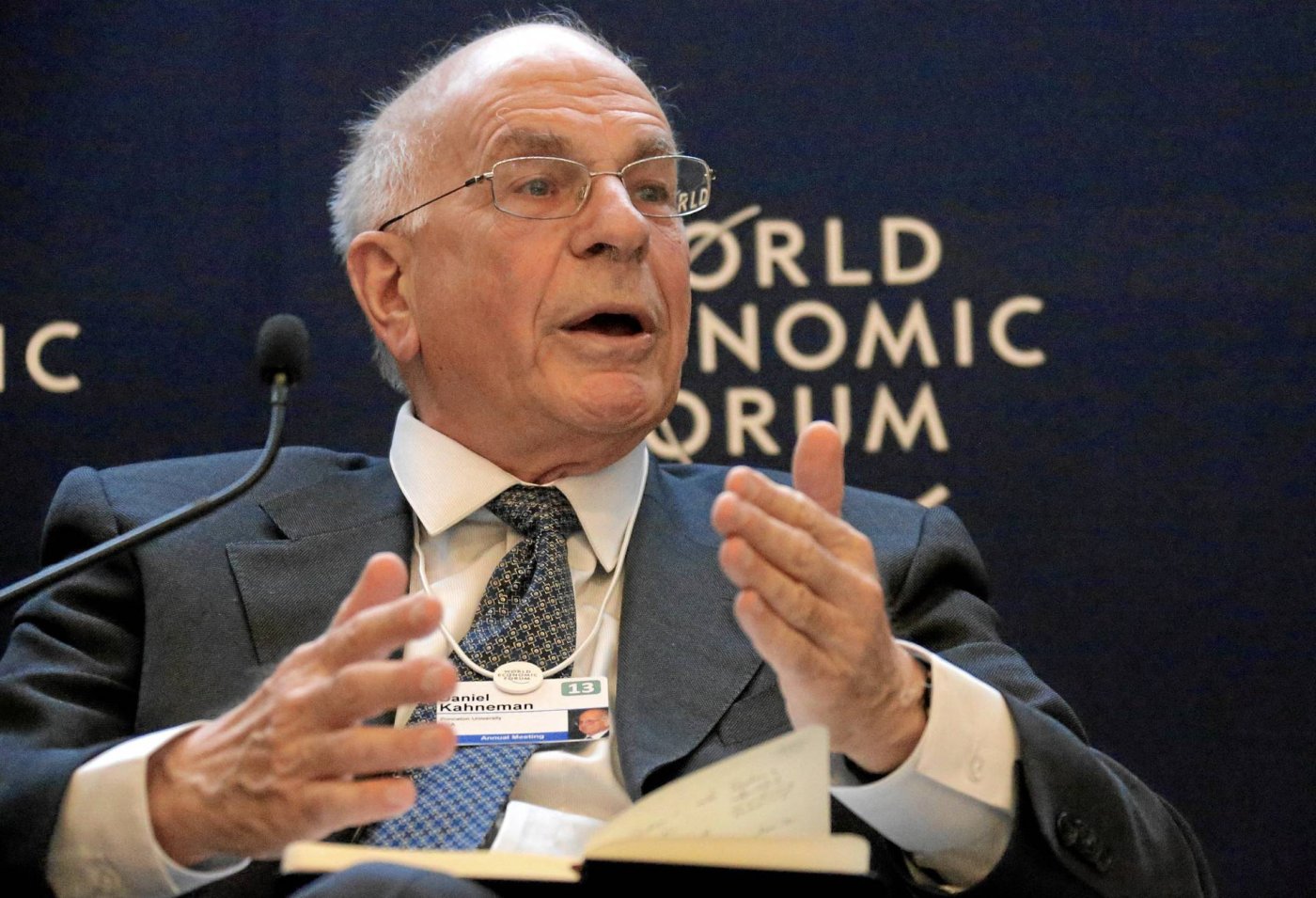Daniel Kahneman passed away this week. Kahneman was awarded a Nobel Memorial Prize for Economics, along with his long-time collaborator Amos Tversky, “for having integrated insights from psychological research into economic science, especially concerning human judgement and decision-making under uncertainty”. He became a household name following the publication of his book “Thinking: Fast and Slow”. As you might guess, his writing has had an important impact on the investment management industry.
We’d highlight three points from Kahneman’s work that have impacted our thinking:
- Prospect theory: Prospect theory argues that people hate losses more than they love gains. It’s had an impact on how we try to educate and reassure our clients during difficult market environments, and on how we build portfolios – with a focus on risk management. But we’re also mindful that you can take things too far! Prospect theory could leave an investor taking too little risk, and reducing the chances that they achieve their long-term goals. It’s a delicate balance.
- Overconfidence: Kahneman was quoted as saying that with a magic wand, he’d eliminate overconfidence. We don’t express it quite that way, but we’re always mindful, as an investment team, of our inability to know the future. That should be reflected in the way we build and manage portfolios – well diversified and with relatively low turnover. We have generally avoided the temptation to make aggressive short-term changes to portfolios. Very few investors make a success of that.
- “A Failure to Disagree”: Kahneman collaborated with another academic, Gary Klein, on approaches to decision-making. It was a notable collaboration in that their approaches were at first glance fundamentally opposed. Kahneman believed that intuitive judgment was usually flawed. Klein’s work focused on how expert intuition could lead to effective, quick decisions.
As it turned out, their views weren’t so far apart. The resulting article “Failure to Disagree” is interesting for a couple of reasons. First, taking the time to really understand “opposing” views is pretty good practice for investors, to say the least. Second, they argue that. “Skilled intuition will only develop in an environment of sufficient regularity” – the game of chess is often cited as a good example of that; the stock market is not. It’s another argument in favour of humility when it comes to stock investing.
Moneyfarm CEO Giovanni Giovanni Daprà also shared his thoughts on the passing of this giant of human understanding on his LinkedIn page. You can read his reflections on his personal profile here.
Richard Flax: Richard is the Chief Investment Officer at Moneyfarm. He joined the company in 2016. He is responsible for all aspects of portfolio management and portfolio construction. Prior to joining Moneyfarm, Richard worked in London as an equity analyst and portfolio manager at PIMCO and Goldman Sachs Asset Management, and as a fixed-income analyst at Fleming Asset Management. Richard began his career in finance in the mid-1990s in the global economics team at Morgan Stanley in New York. He has a BA from Cambridge University in History, an MA from Johns Hopkins University in International Relations and Economics, and an MBA from Columbia University Graduate School of Business. He is a CFA charterholder.
*As with all investing, financial instruments involve inherent risks, including loss of capital, market fluctuations and liquidity risk. Past performance is no guarantee of future results. It is important to consider your risk tolerance and investment objectives before proceeding.





